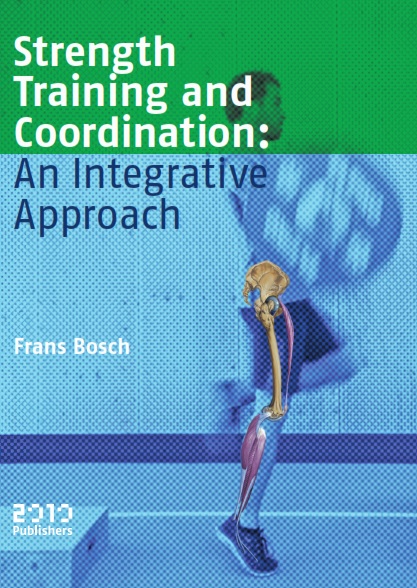Begin november is bij 20/10 Uitgevers het boek Strength Training and Coordination: An Integrative Approach verschenen. Dit is een vertaling van de tweede, geheel herziene editie van Krachttraining en coördinatie, een integratieve benadering van Frans Bosch.
In dit (studie)boek betoogt de auteur dat het onderscheid dat vanouds in de trainingsleer wordt gemaakt tussen kracht, snelheid, lenigheid, uithoudingsvermogen en coördinatie discutabel is. Hij laat zien dat deze vijf eigenschappen bij krachttraining eigenlijk nauwelijks recht van bestaan hebben als afzonderlijke grootheden.
Frans Bosch bij West Ham United Football Club, Engeland (YouTube)
